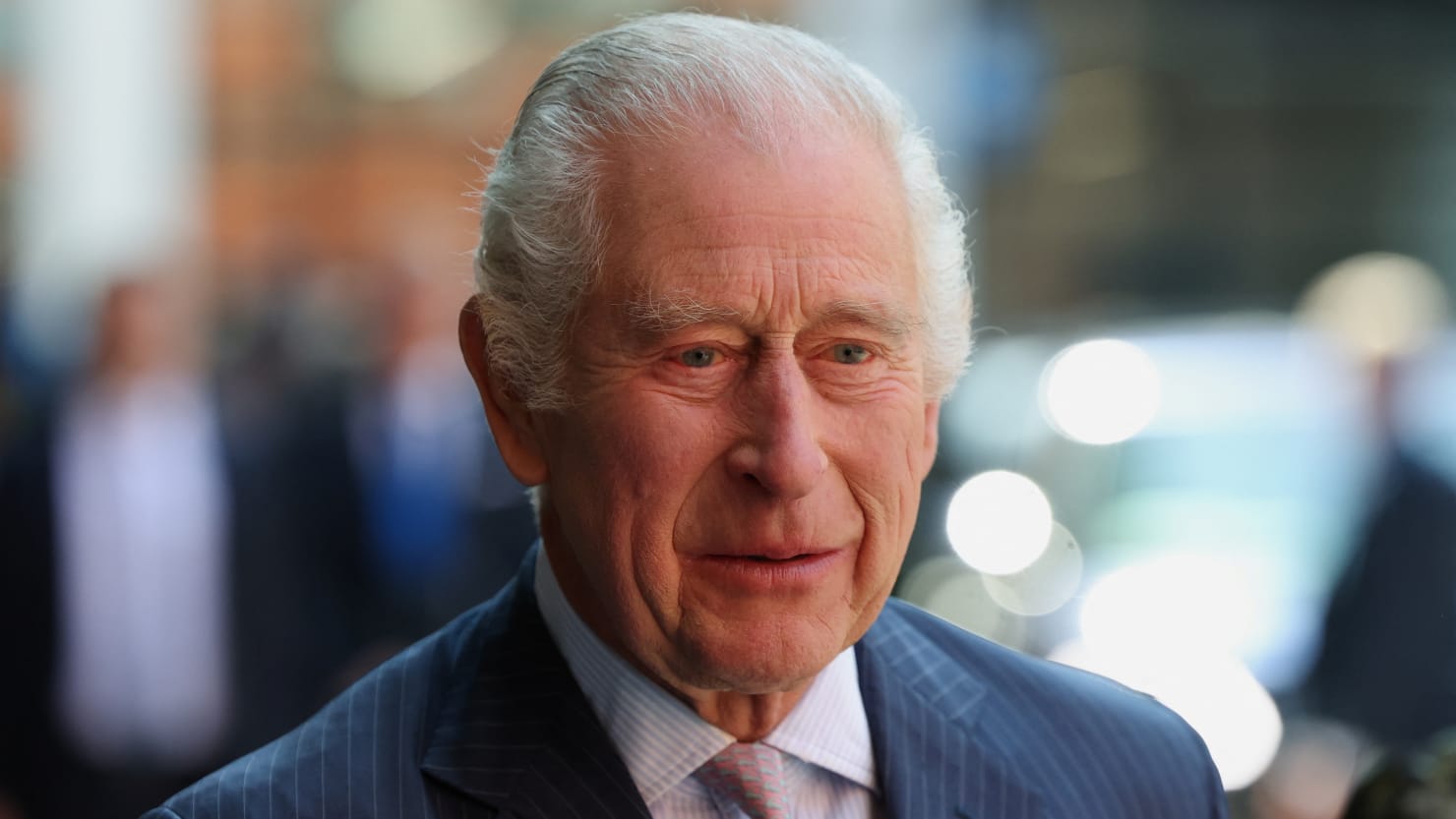Health
Scrambling for a better diet this new year? Eggs, as it turns out, may not be a bad option.
The breakfast favorite has been a point of contention among experts and health gurus alike, with conflicting evidence and advice regarding eggs and cholesterol.
But one nutritionist claims to have cracked the code: The protein-packed food isn’t as unhealthy as you think, depending on how they’re prepared.
Board-certified naturopathic physician and certified nutrition consultant Dr. Kellyann Petrucci, based in Pennsylvania, told Delish that eggs deliver a wealth of nutrients beneath their shell: Riboflavin, iron, zin, phosphorous, folate, choline and a number of different vitamins.
“Choline helps builds strong, bouncy cell membranes, and it also plays a critical role in methylation—the process of turning genes ‘on’ and ‘off,’” Petrucci dished.
“A high choline intake may help prevent depression, memory loss, and anxiety.”
And better yet, eggs don’t “affect your cholesterol significantly,” she claimed.
She added: “And when eggs do change your cholesterol, studies hint that they do it in a good way.”
Recent studies have suggested that the cholesterol in our body isn’t necessarily impacted by the dietary cholesterol we consume in food.
According to Healthline, some research comparing egg-heavy to egg-less meals showed little difference in impacts on cholesterol levels or ratios of “good” to “bad” cholesterol. However, some studies have linked eggs to a heightened risk of heart disease, calling for consumption in “moderation.”
But before you whip up a spread of your breakfast favorites, Petrucci warned that traditional pairings — such as sausage and bacon — could present a health risk of their own due to the high saturated fat and sodium content.
According to Mayo Clinic, those items, along with the cooking oils or butter used to cook your fried egg, may do more harm than the eggs themselves. Instead, Petrucci recommends cooking eggs in butter or ghee from grass-fed, pasture-raised cows.
In fact, nutritionists have touted eggs as something of a cure-all for ailments like hangovers, although one Post reporter swears the remedy did nothing to quell his queasy stomach nor pounding migraine the morning after boozing.
Experts currently recommend that healthy adults can safely consume up to seven eggs per week, but those guidelines may soon be subject to change.
Jerlyn Jones, a registered dietitian and spokesperson for the American Heart Association, told Fox 5 Atlanta that eggs are “a nutrient powerhouse.”
“They’re packed with protein vitamins like vitamin A, D, E and antioxidants,” Jones explained, advocating for a diverse diet. “So they’re good for your eyes, they’re good for your heart. So, do not skip out on eggs.”
Load more…
{{/isDisplay}}{{#isAniviewVideo}}
{{/isAniviewVideo}}{{#isSRVideo}}
{{/isSRVideo}}

Rachel Carter is a health and wellness expert dedicated to helping readers lead healthier lives. With a background in nutrition, she offers evidence-based advice on fitness, nutrition, and mental well-being.






